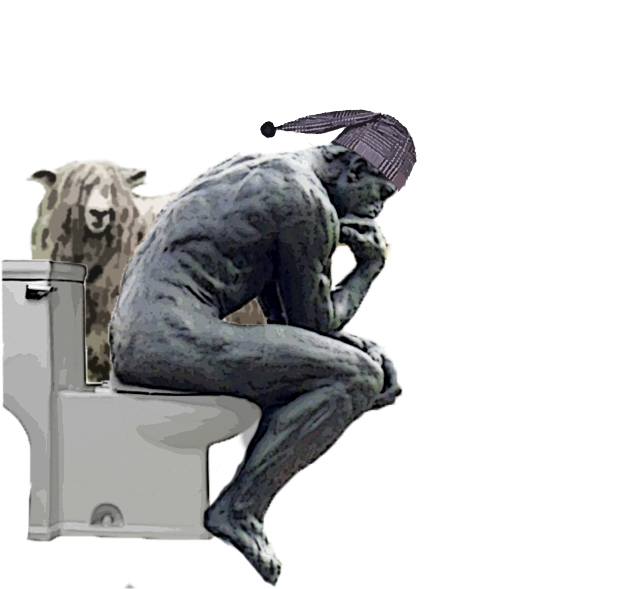I’ve been told that dreams are meaningless or that they are just a random assortment of colours and images that are not reflective of real life. That kind of mentality is nonsense, since there is significant evidence to suggest that dreams are the true measure of who we are as people.
Sigmund Freud believed that dreams reveal something about our subconscious self. In his view, dreams allow us to see things our conscious mind would otherwise filter out during our waking moments. Freud believed all dreams are a kind of “wish fulfilment,” that is, the resolution of some conflict in the mind.
Carl Gustave Jung, who was a student of Freud, agreed with this dream interpretation to an extent, believing that dreams reveal, in some symbolic way, a certain aspect of the dreamer’s psychological life or psychological transformation.
More recent studies back up this claim, indicating that a person’s dreams are in fact reflective of their mental state. In a study titled “Psychopathalogical Symptoms of Trauma, Dreams, and Inhibitions,” Dr. Calvin Kai-Chung Yu asserts that dreams, particularly disturbing dreams, are indicative of psychological mental states such as anxiety or depression. In simpler terms, common dreams that include running, falling, flying, or being chased often point to some level of real-world anxiety in the dreamer’s life.
But dreams are not just useful as a barometer to measure people’s negative emotions. They can also be used to improve our mental health.
Some researchers believe the act of dreaming can positively affect one’s mood, since it provides an avenue for subconscious conflict resolution. Conventional psychology holds that when we sleep our brain is busy organizing and storing information from the day’s events. So, if you go to bed with a problem on your mind, you might get this issue worked out during your brain’s nocturnal activity and find yourself waking up with a greater sense of clarity and perspective on the situation.
Dr. Rosalind Cartwright, former professor of psychology at Rush University, likens this experience to having “an internal therapist.”
At the end of the day, people need to wake up to the reality that our dreams are significant and meaningful tools that can help improve our mental health by penetrating our souls and revealing who we really are.





